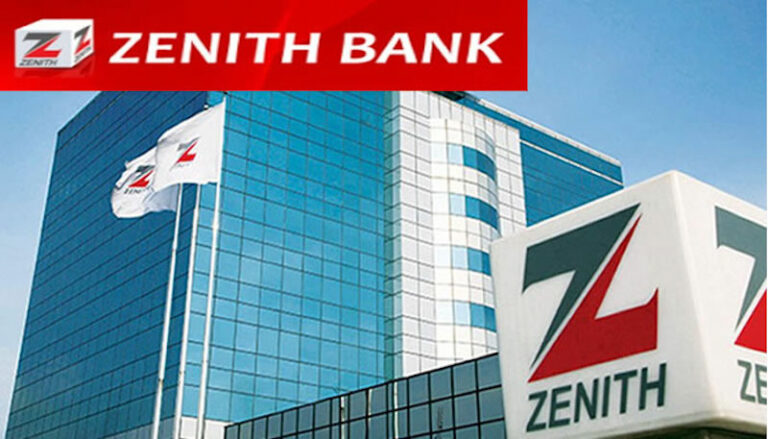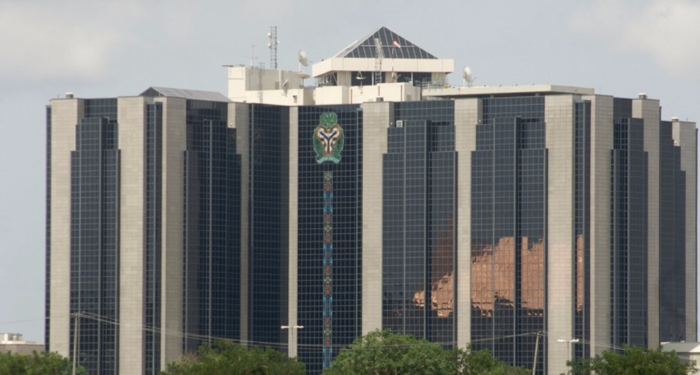
Recapitalisation: Five Banks Hit CBN Target Ahead of Deadline
- Business
- 14.09.2025
- No Comment
- 106
Nigeria’s banking sector has entered a critical phase of recapitalisation following the directive

designed to strengthen the financial system, improve stability, and align with international best practices.
As of mid-2025, five financial institutions—Access Bank, Zenith Bank, Ecobank Nigeria, Lotus Bank, and Jaiz Bank—
have already crossed the finish line ahead of schedule.
This development signals resilience within the industry and sets the stage for possible mergers, acquisitions,
and intensified capital-raising activities among smaller banks. In this article, we explore the details of the
recapitalisation directive, highlight the achievements of these early movers, and analyse the implications
for Nigeria’s banking landscape.
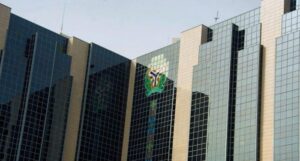
of banks. These changes were aimed at ensuring stronger financial buffers and enhancing the resilience of
Nigeria’s financial system against global and domestic shocks.
- Commercial banks with international licenses must raise their capital to N500bn.
- Banks with national licenses must achieve a minimum of N200bn.
- Regional banks were directed to meet a minimum of N50bn.
- Non-interest banks require N20bn (national) and N10bn (regional) respectively.
With a March 2026 compliance deadline, banks had just two years to restructure their balance sheets and
attract new capital. The move follows a similar policy in 2004 that reshaped the industry through mergers
and acquisitions.
Related News: Central Bank Of Nigeria (CBN) launches Nigeria payments system vision 2028
GTCO Injects N365.9bn Into GTBank to Meet CBN Capital Requirement CBN Orders Geo-Tagging of All PoS Terminals in Nigeria
Access Bank Leads the Pack
Access Bank became the first tier-1 lender to cross the N500bn international capital threshold.
Through its holding company, Access Holdings, the bank secured regulatory approvals for a massive
N351bn Rights Issue in December 2024. With this injection, the bank’s total capital surged to
N600bn, putting it N100bn above the regulatory minimum.
Access Bank’s early compliance not only underscores its dominance in the Nigerian banking sector but also
highlights its strong investor confidence and aggressive expansion strategy across Africa.
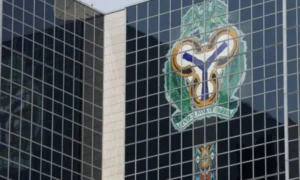
Zenith Bank Strengthens Position
Following closely was Zenith Bank Plc, which successfully raised N350.4bn
through a combination of rights issues and public offers. This increased its capital base to
N614.65bn, surpassing the CBN requirement by N114.65bn.
The additional funds strengthen Zenith’s ability to expand lending, invest in digital banking, and
reinforce its position as one of Nigeria’s most profitable and capitalised financial institutions.
Ecobank Nigeria Joins the Race
Ecobank Nigeria, which operates under a national license, also met the new N200bn threshold.
However, while it achieved the recapitalisation milestone, Fitch Ratings noted that the bank still
faces challenges with its total capital adequacy ratio (CAR), which remains below the regulatory
10% requirement.
To address this, Ecobank Transnational Incorporated (its parent company) successfully tapped
$125m from international markets in May 2025, building on its existing
$400m notes due October 2029. This injection is expected to boost its liquidity
and support compliance with CAR requirements.
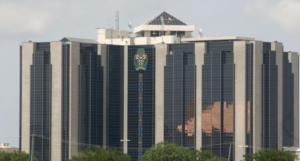
Lotus Bank and Jaiz Bank: Non-Interest Lenders Compliant
The recapitalisation drive is not limited to conventional banks. Lotus Bank,
a national non-interest bank, confirmed that it had already exceeded the N20bn minimum
requirement even before the CBN’s announcement.
Similarly, Jaiz Bank, Nigeria’s pioneer Islamic bank, crossed the line in early 2025
after securing N10.04bn from its private placement listing on the Nigerian Exchange Group.
This reflects growing investor confidence in the non-interest banking segment and positions both institutions
for further growth.
Other Banks Step Up Recapitalisation Efforts
With less than a year to go before the deadline, other banks are ramping up fundraising activities:
- GTCO is raising $100m from the London Stock Exchange after securing
N209bn in July 2024. - First Bank Holdings announced plans to raise N350bn by Q2 2025, targeting
a total capital of N748bn. - Wema Bank is on track with its N150bn rights issue and special placements.
- Union Bank, Polaris Bank, and Keystone Bank, now under government control, are yet to publicly
disclose recapitalisation plans.
Unity Bank is pursuing a merger with Providus Bank, backed by a N700bn CBN facility, though
additional funds will still be required to retain its license.
Mergers and Acquisitions Loom for Tier-3 Banks
According to Fitch Ratings, tier-3 banks such as Globus Bank, Titan Trust Bank, Nova Bank,
Optimus Bank, and Premium Trust Bank face significant recapitalisation hurdles. With limited time and resources,
mergers, acquisitions, or license downgrades are the most likely outcomes for these smaller lenders.
Foreign-owned banks like Standard Chartered Bank and Citibank Nigeria are in
stronger positions thanks to support from their parent companies, reducing the likelihood of recapitalisation struggles.
sector despite the challenges. Afrinvest predicts that recapitalisation efforts will accelerate in the second half
of 2025, boosting investor sentiment and enhancing stability in the financial landscape.
CardinalStone added that the CBN’s push for stricter oversight—including directives for banks to exit
forbearance loans before paying dividends—will improve transparency and strengthen long-term
financial health.
achieving compliance, the stage is set for industry-wide transformation. While tier-1 and tier-2 banks
appear well-positioned to meet the deadline, tier-3 banks may be forced into strategic partnerships
or mergers to survive.
Ultimately, the CBN’s policy is aimed at building a more resilient, transparent, and globally competitive
banking sector. As 2026 approaches, all eyes will be on the banks still racing against time to secure
their future in Nigeria’s evolving financial ecosystem.



